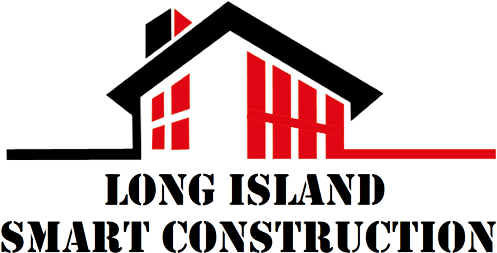VISIT OUR OFFICES
IN LONG ISLAND
176 Orchid Drive, Suffolk County, NY, United States, New York
Contact us
Do you have an upcoming project? We’d love to hear about your dream space and help you reach your home goals. To get to know you and your project better, please share some basic information on the left.
FREQUENTLY ASKED QUESTIONS
It’s important to know what you’re getting into timing-wise with a new construction build, particularly if you have a house to sell first or you’re going to be renting. While the building process is prone to delays and you won’t be able to get a finite schedule for how long the build will take, you’ll be able to get a general idea of what you can expect. Be sure to also ask if the build time includes the time it takes to get the permits, since those will typically take about 30-45 days to obtain.
Ask what types of finishes are included, and better yet, go through the model unit with the sales representative and have them point out what’s standard and what is an upgrade. You likely won’t meet with the design center until after you’ve gone under contract, so it’s important to figure out early what sorts of finishes and appliances you can expect to be included in the home’s base price.
Had your heart set on butcher block countertops but Lismart Construction doesn’t offer them? It’s possible that you may be able to purchase them yourself and then have us install them. Keep in mind that, in terms of appliances, you probably will have to make some purchases on your own, such as washers, dryers, and refrigerators.
A cost escalation clause allows the builder to charge you for any unanticipated costs that arise as a result of necessary labor or materials. So if lumber prices go up before the builder has purchased the materials for your flooring, or an unexpected delay adds a few weeks onto the build, you’re on the line for those costs. If you’d rather not deal with the stress of unanticipated costs, contact Lismart Construction because we do not include a cost escalation clause in the contract.
Even if there is no homeowners association for the development, the builder may still set some guidelines as far as what’s allowed and what’s not on your property. For example, you may not be able to use a particular type of fencing or install a shed in your backyard. It’s better to ask this question early and know what to expect than to move in and find out that you can’t bring into fruition certain plans you had for the space.


